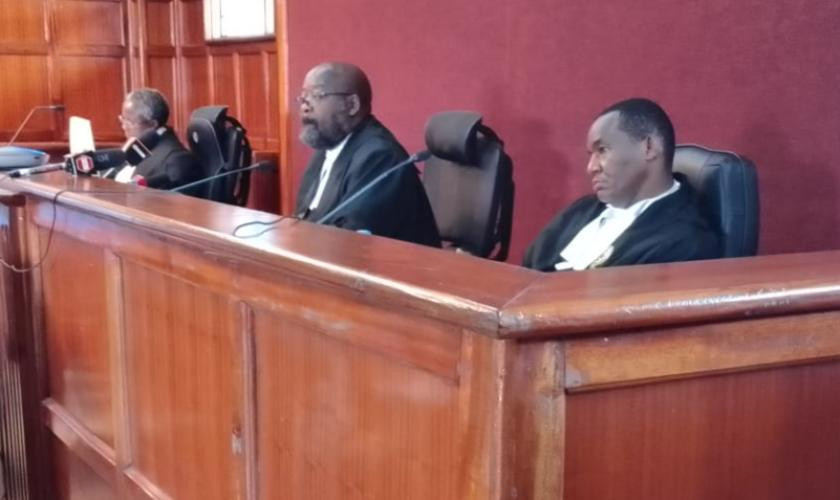×
The Standard e-Paper
Join Thousands Daily

After declaring the Housing Levy contained in the Finance Act 2023 unconstitutional the High Court has suspended the implementation of its judgement until January 10, 2023.
Justices David Majanja, Christine Meoli and Lawrence Mugambi said the move was to give the government time to file an appeal.